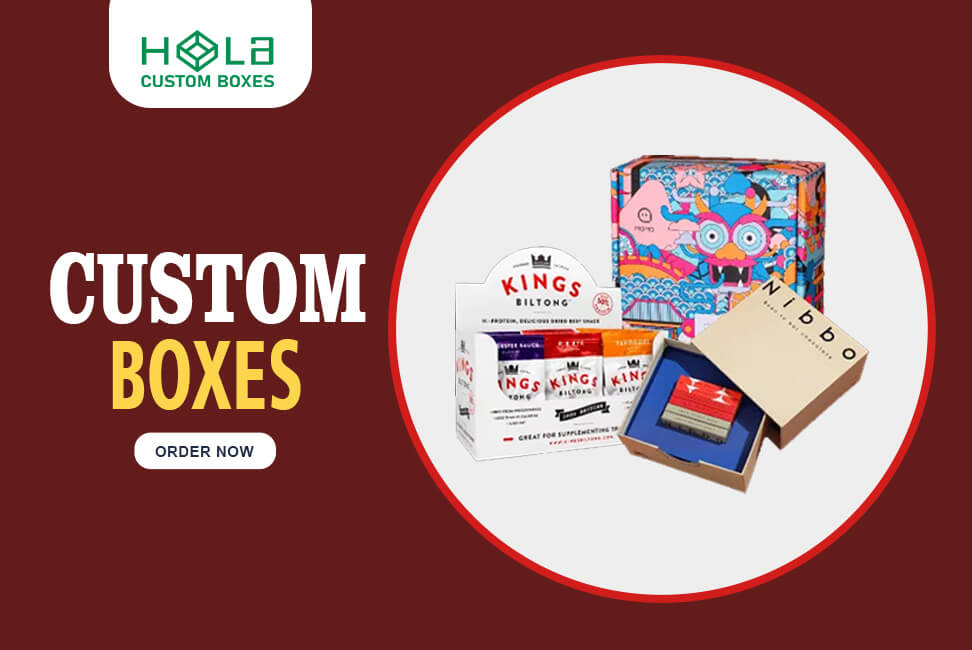Switch to Sustainable Makeup Containers in 5 Steps
2025-08-05 11:08:18
If you're looking to make a positive impact on the environment, switching to sustainable makeup containers is a vital step. By evaluating your current packaging, you can identify better options that reduce waste. Exploring eco-friendly alternatives not only benefits the planet but can also attract conscious consumers. Curious about how to implement these changes effectively? Let's explore the five essential steps that will guide you through this transformative process.
Main Points
- Assess your current makeup packaging to identify recyclable, reusable, or biodegradable items and reduce plastic usage.
- Research eco-friendly alternatives like post-consumer recycled plastics, bamboo, and refillable containers for sustainable packaging solutions.
- Collaborate with suppliers who prioritize renewable resources and have environmental certifications for responsible sourcing of materials.
- Educate consumers on proper disposal methods, including recycling instructions and local regulations, to ensure effective waste management.
- Regularly evaluate the environmental impact of packaging choices using life cycle assessments and set measurable sustainability goals for continuous improvement.
Assess Your Current Packaging
Before you plunge into sustainable makeup practices, it's essential to assess your current packaging. Start by taking inventory of your makeup collection, identifying which items are recyclable, reusable, or biodegradable.
Evaluate the percentage of plastic versus sustainable materials; traditional plastics greatly impact landfills. Check for environmental certifications like those from the Forest Stewardship Council (FSC) to gauge material sustainability.
Analyze the size and weight of your packaging, as lighter materials cut down on shipping emissions. Finally, consider the lifecycle of your packaging, aiming for options that minimize waste and support a circular economy for a healthier planet. Additionally, consider switching to custom paper soap boxes that are made from eco-friendly materials, promoting sustainability in your makeup packaging choices.
Research Eco-Friendly Alternatives
Having assessed your current packaging, you can now explore eco-friendly alternatives that greatly lessen your environmental footprint.
Consider materials like post-consumer recycled plastics, bamboo, and glass, which effectively reduce waste.
Explore sustainable materials such as post-consumer recycled plastics, bamboo, and glass to significantly minimize environmental waste.
Investigate biodegradable options such as plant-based plastics and cornstarch packaging, which break down naturally.
Brands like INIKA offer 100% recyclable packaging and sugarcane-derived materials that are fully biodegradable.
Furthermore, look into refillable container systems that allow you to reuse products, markedly cutting down on waste.
Finally, aluminum containers are a great choice, as they're highly recyclable and require less energy to process compared to traditional plastics. Additionally, exploring custom cosmetic packaging solutions can help you find innovative designs that prioritize sustainability while enhancing brand recognition.
Collaborate With Sustainable Suppliers
Collaborating with sustainable suppliers is essential for brands aiming to enhance their eco-friendly practices and reduce their environmental impact.
By sourcing eco-friendly materials like post-consumer recycled plastics and biodegradable options, you greatly cut down on waste. Sustainable suppliers often carry certifications like FSC or ISO 14001, ensuring responsible sourcing.
Engaging with those prioritizing renewable resources can lead to innovative packaging solutions that attract eco-conscious consumers. Furthermore, strong partnerships can bring cost savings through bulk purchasing.
Regular communication keeps you informed about trends and advancements in sustainable packaging technologies, fostering continuous improvement in your brand's practices. Additionally, exploring customization options for hemp flour boxes can further enhance your sustainable packaging strategy.
Promoting Responsible Disposal of Cosmetic Packaging
Loving your favorite makeup products also means taking responsibility for their environmental impact. Properly disposing of cosmetic containers is crucial for reducing waste. Always check product labels for recycling instructions and separate components like plastic pumps from glass jars. Cleaning containers before recycling improves the quality and recyclability of the materials.
Empowering Consumers Through Education and Awareness
Understanding local recycling guidelines helps prevent contamination and ensures your efforts make a positive difference. Brands can support this by offering clear disposal instructions on packaging and websites. Additionally, engaging with social media initiatives that promote proper recycling habits can spread awareness and inspire others to adopt sustainable practices.
Evaluate Environmental Impact Regularly
To guarantee your makeup containers make a positive impact on the environment, it's essential to review their environmental footprint regularly.
Start by evaluating the carbon emissions linked to their production, transportation, and disposal. Utilize life cycle assessments (LCAs) to compare packaging materials and identify sustainable alternatives.
Monitor waste generated from conventional versus sustainable options to minimize landfill contributions. Keep track of consumer feedback and recycling rates to refine your packaging strategies.
Finally, set measurable sustainability goals, like reducing packaging waste annually, and regularly review your progress to guarantee your commitment to eco-friendly practices remains strong. Implementing custom eco-friendly boxes can further enhance your sustainability efforts by promoting responsible disposal practices among consumers.
Conclusion
By taking these five simple steps, you can make a significant impact on the environment with your makeup choices. Evaluating your current packaging, exploring eco-friendly alternatives, and collaborating with sustainable suppliers are essential. Plus, educating consumers on proper disposal can enhance recycling efforts. Don't forget to regularly review the environmental impact of your packaging decisions. Together, we can create a more sustainable beauty industry—one that not only looks good but also feels good for our planet.
